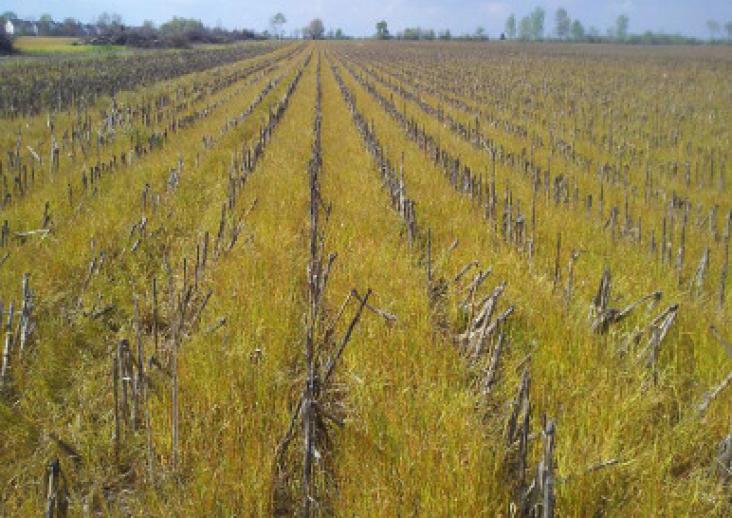
In 2018, Dr. Alessio Adamiano, a researcher for the Italian National Research Council at the Institute of Science and Technology for Ceramic Materials, was awarded the second prize of €25,000. Contributing to SDGs 2, 13 and 14, his project, “Phos-Fate: Empowering fishing communities for climate change”, demonstrated how phosphorous can be recycled in a simple, scalable way by converting fish bones into products such as fertilizers. Two years later, we interviewed Dr. Adamiano about his experience at the Challenge, as well as the upcoming steps for his project empowering fishing communities for climate change.

The SDG Impact of COVID-19 podcast series gathers expert opinion exploring the impact of COVID-19 on the Sustainable Development Goals. In advance of World Food Day on October 16th, we get the view of Dr Debasis Bagchi, Director of Scientific Affairs at Victory Nutrition International.

Each year, the Food and Agriculture Organization of the United Nations (FAO) celebrates World Food Day on October 16th to commemorate is founding in 1945. World Food Day 2020 is calling for global solidarity to help all populations to recover from the crisis, and to make food systems more resilient and robust so they can withstand increasing volatility and climate shocks, deliver affordable and sustainable healthy diets for all, and decent livelihoods for food system workers. In support of this years theme - 'Grow, Nourish, Sustain. Together' - Elsevier presents a curated, open access collection of 40 journal articles and book chapters focussed on increasing food security and sustainability.
This book chapter discusses how new policies are needed to reorient the food system so that it prioritizes smallholder communities, with a renewed focus on the needs and aspirations of women, advancing SDG 2 ad SDG 5.
Agriculture consumes huge amounts of water in China and is profoundly affected by climate change. This study projects the agricultural water use towards 2030 under the climate change mitigation target at the provincial level in China by linking a computable general equilibrium (CGE) model and a regression model.

Climate, land use and land cover (LULC) changes are among the primary driving forces of soil loss.

Tillage is the most common agricultural practice dating back to the origin of agriculture. In recent decades, no-tillage (NT) has been introduced to improve soil and water quality.

By mapping the state of research within each SDG area, this report acknowledges the pivotal role research plays in tackling some of the world’s greatest challenges. It aims to better understand the research community’s global sustainable development efforts and assesses the progress made, as well as unmet research needs.

Over the past five years, we have used data and analytics to help the research and healthcare communities navigate the sea of research and to put collaboration, both interdisciplinary and international, at the heart of scientific progress on the SDGs. View findings for SDG 2.

Over the past five years, we have used data and analytics to help the research and healthcare communities navigate the sea of research and to put collaboration, both interdisciplinary and internati
